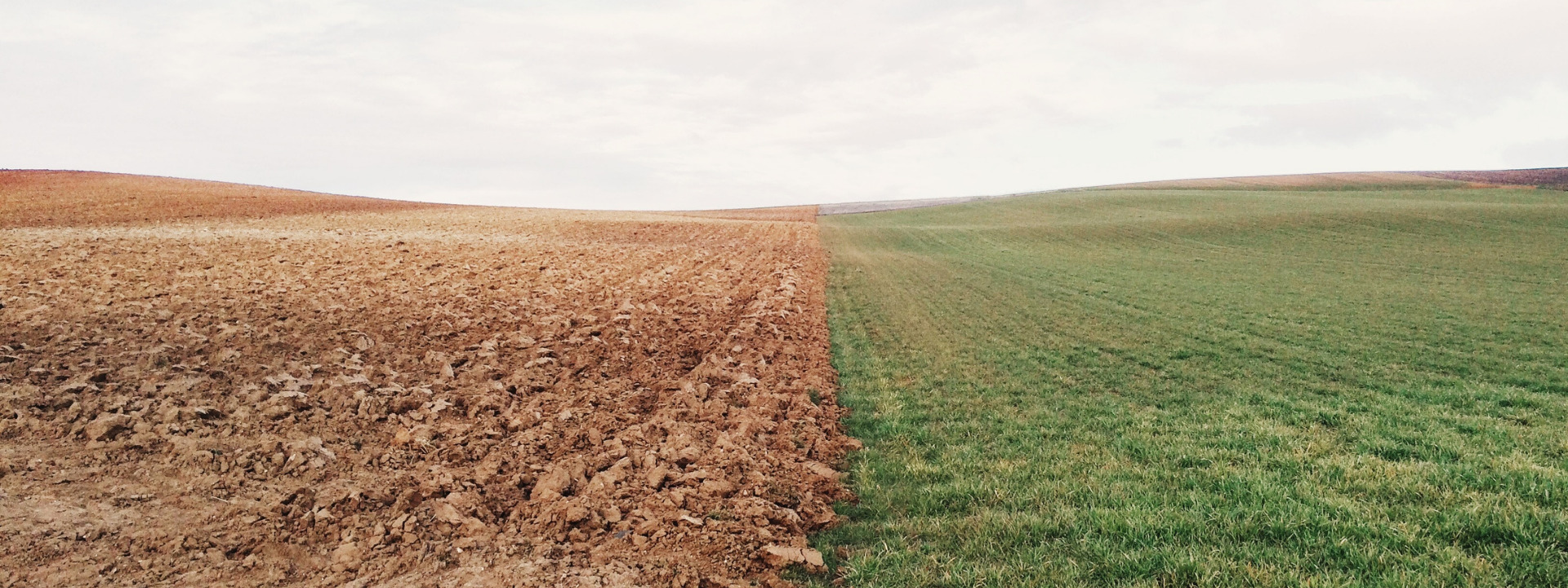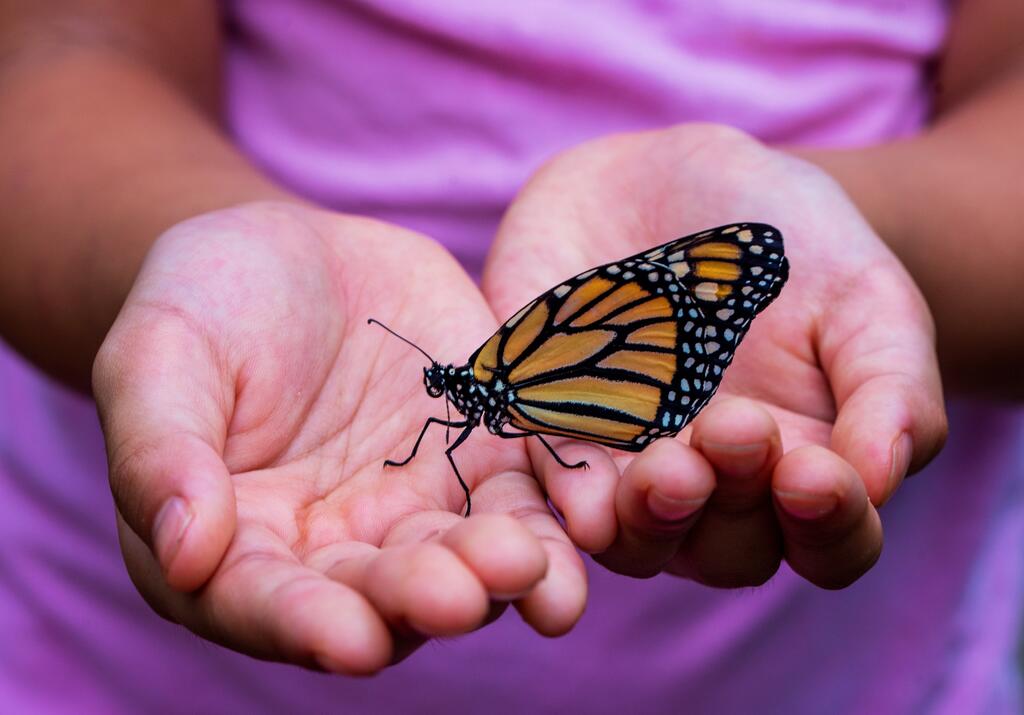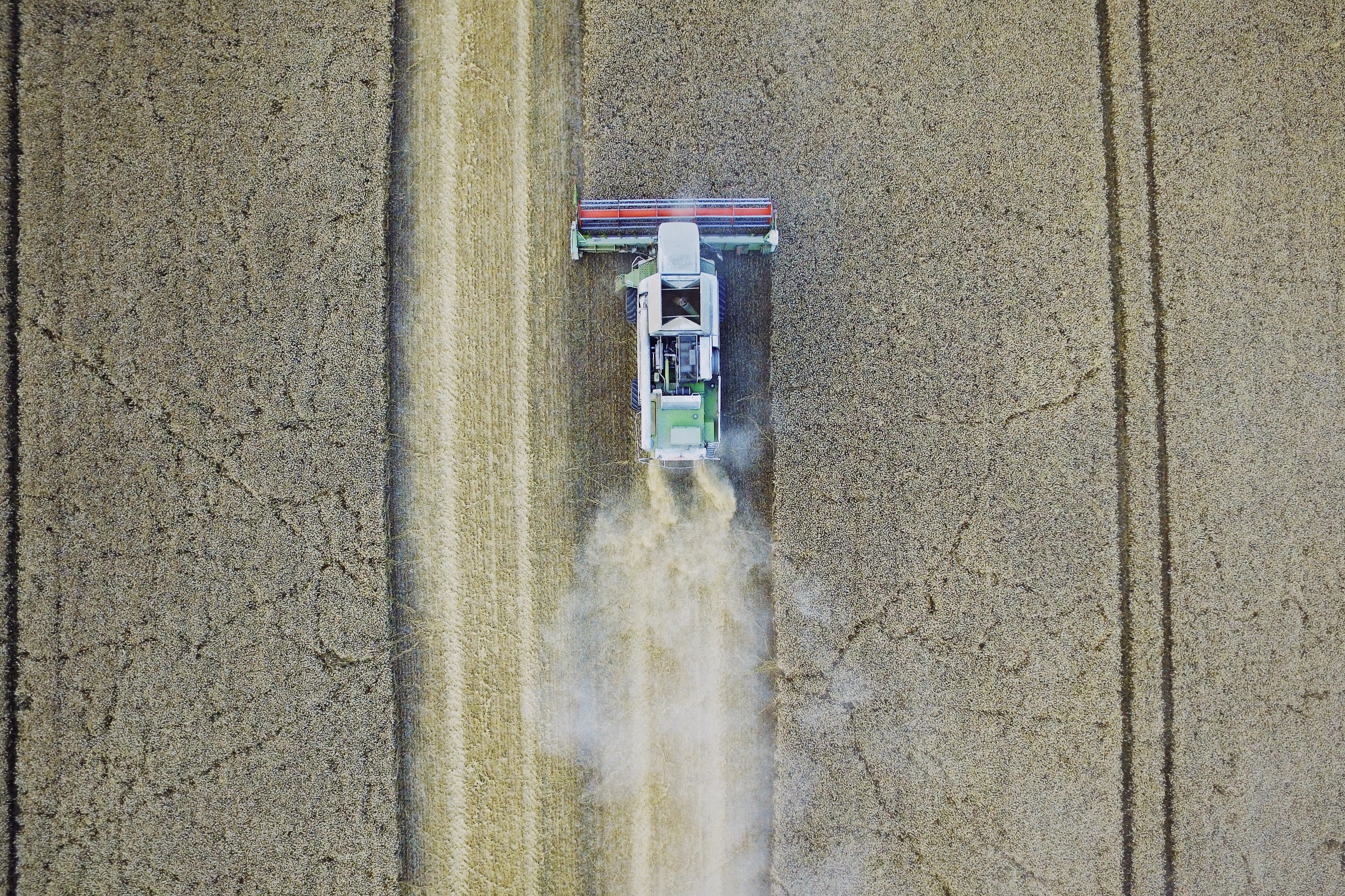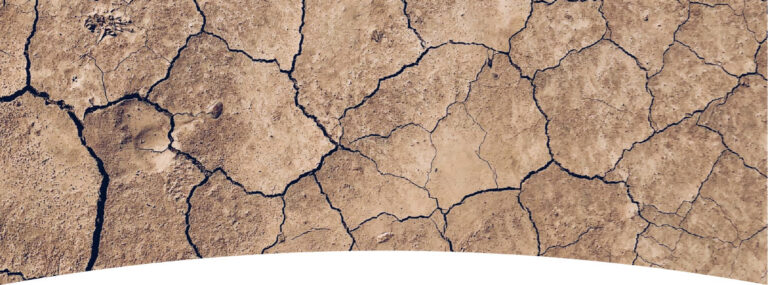
Global insect collapse threatens all life on Earth
Recently documented insect population crashes in Puerto Rico and Germany reflect a worrying global trend that is gaining increasing media coverage for good reason: insects are essential for the healthy function of ecosystems. The named culprits are climate change, habitat destruction and pesticides use, all of which are driven and amplified by our growing numbers.
While still neglected in the conservation movement which is predominantly focused on “charismatic megafauna”, an increasing number of scientific studies are now shining a light on the disappearance of insects and the serious implications for food supplies and biodiversity.
Without insects, food webs collapse and ecosystem services fail, threatening the existence of all other species, including us humans.
Yet it is humans who are responsible for the “insect apocalypse” – safeguarding both human and animal life on this planet requires ending and ultimately reversing human population growth.

Puerto Rico’s missing millions
Scientists studying invertebrates in Puerto Rico’s Luquillo rainforest compared current insect abundance to that recorded during the 1970s in the same area. They discovered a staggering 98% drop in insect biomass on the ground and an 80% decline in the leafy canopy. These trends were matched by declines in the lizards, frogs, and birds that rely on invertebrates as their primary food source.
With forest temperatures in the area having risen by 2 °C in the last 30 years, the researchers believe climate change to be the primary driver of this collapse. As tropical species are adapted to very narrow temperature ranges, they may not be able to adapt to our rapidly changing climate – a grim implication for the world’s most biodiverse areas.
Climate change is caused by climate changers. The more of us there are, the increasingly difficult it becomes to curb emissions. The combination of educating girls and improving access to family planning has been identified as the number one most effective solution to climate change.
Germany’s silent spring
The Puerto Rican findings mirror a similar long-term study conducted in Germany. Scientists monitoring the abundance of flying insects in Germany’s nature reserves recorded a 75% drop since 1989. The study’s authors attribute the decline to destruction of insect habitat and the rise in agricultural pesticide use.

The little things that run the planet
Insects comprise two-thirds of all life on Earth – they pollinate flowering plants, decompose waste, control pests and serve as prey for millions of other species. They may be small and hard to notice but their global decline has become so serious that even city dwellers are reporting the ‘windscreen phenomenon’ – driving long distances no longer leads to bug-spattered cars.
Time is running out to save the little things that run the planet’s life support system. As our patron Sir David Attenborough said,
“If we do not take charge of our population size, then nature will do it for us.”


